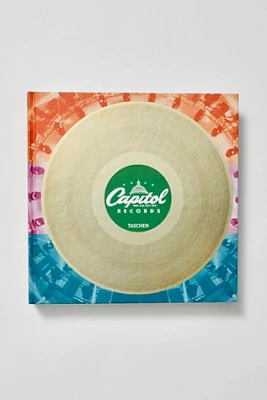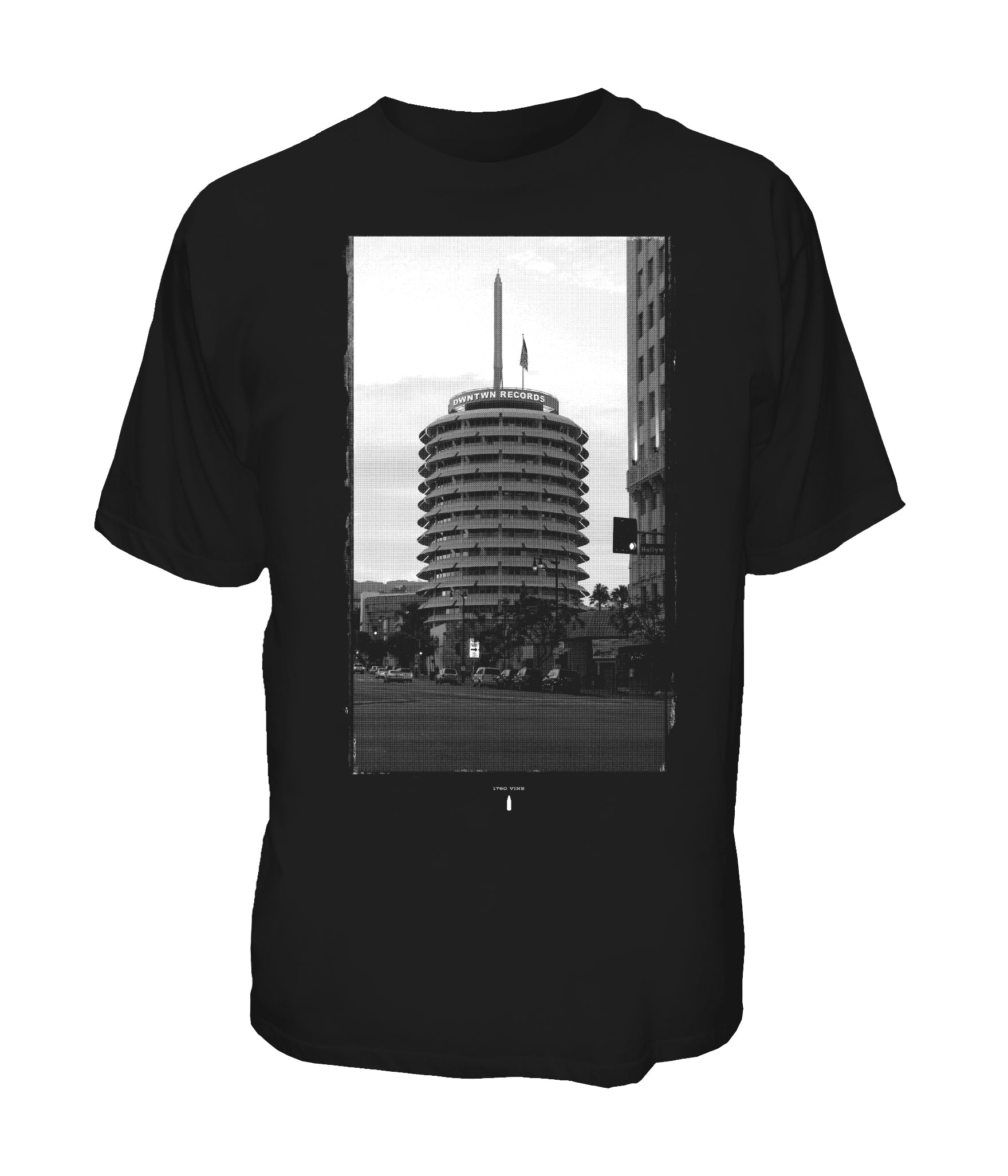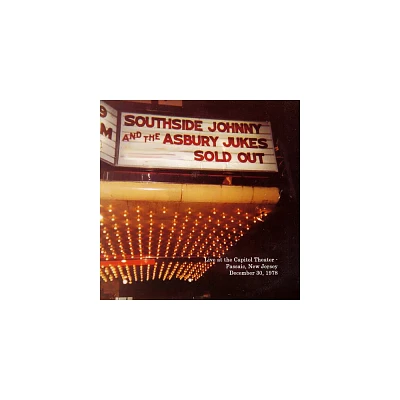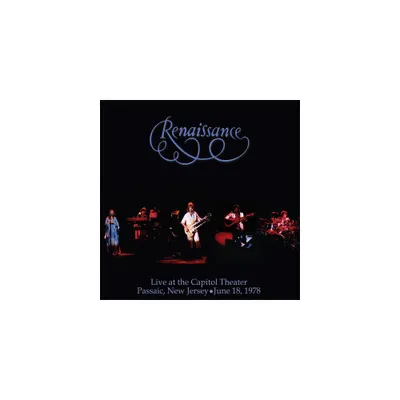Home
Hag: The Capitol Recordings 1968-1976 - Concepts, Live & the Strangers
Loading Inventory...
Barnes and Noble
Hag: The Capitol Recordings 1968-1976 - Concepts, Live & the Strangers
Current price: $201.99


Barnes and Noble
Hag: The Capitol Recordings 1968-1976 - Concepts, Live & the Strangers
Current price: $201.99
Loading Inventory...
Size: OS
*Product Information may vary - to confirm product availability, pricing, and additional information please contact Barnes and Noble
Twelve years after they released their first
Merle Haggard
box,
The Untamed Hawk
,
Bear Family
delivered the sequel,
Hag: The Studio Recordings 1969-1976
. This picks up where
left off, which is more of a musical dividing point than it initially seems. If
caught
Haggard
as he was reaching full flight,
Hag
captures him in his prime, as every single he released reached the
Country
Top Ten -- often capturing the number one slot -- and as he sometimes crossed over into the
pop
Top 40.
was without a doubt the biggest star in
country
music but the remarkable thing about his reign at the top was that he never played it safe. During this eight-year span, he recorded few songs as iconic as
"Strangers,"
"Swinging Doors,"
"The Bottle Let Me Down"
or
"Mama Tried,"
but a notable exception was
"Okie from Muskogee"
and its ornery cousin,
"The Fighting Side of Me."
Both were reactionary rhetoric in the midst of the Vietnam war, but where the latter was itching for a brawl -- a perfect pairing for its tough, twangy,
Bakersfield sound
--
"Okie"
was gentler in its music and sweetly nostalgic in its tone, romanticizing an America that may never have been there.
As
makes clear,
provides the keystone for the last half of
's
Capitol
recordings, as his music mellowed and deepened, and he turned toward painting a picture of his ideal America, knowing full well that the good times may already be over. The music feels different than that on
Untamed Hawk
-- it's not as lean and tense, not as indebted to
Buck
. It's warmer yet more adventurous and far-ranging, at once referencing the past but sounding progressive, sounding smoother, but never turning
.
's writing also underwent a subtle evolution, as he developed a narrative eye that had songs like
"Tulare Dust"
and
"The Seashores of Old Mexico"
play like short stories. With their spare, vivid lyrical detail, these songs created a mythic image of America that the music matched with its blend of
folk
blues
, and
jazz
, so thoroughly integrated it was often impossible to discern where the styles began...unless it was on the genre exercises that
the Strangers
tore into with thrilling abandon.
Merle
wrote a bunch of these himself, notably the spectacular
Western swing
of
"Living with the Shades Pulled Down"
"Old Man from the Mountain,"
songs that illustrated his debt to
Lefty Frizzell
Bob Wills
. It's possible to hear the influence of his idols here but all of
's full-length tributes, such as his timeless
Wills
Jimmie Rodgers
salutes, aren't here -- they, along with
albums, are bundled on a third
box, out in 2008 -- but his knack for finding great material is wholly evident, whether he's cutting his old friend
Tommy Collins
'
"Carolyn"
or cherry-picking
Dolly Parton
"Kentucky Gambler."
Much of this variety can be heard on the many, many individual albums
released during the first half of the '70s -- most of the best of which have been reissued on CD, including great two-fers from both
BGO
-- but hearing it all in this six CD box, the depth and consistency of his music is stunning. Perhaps there are no revelations here aside from the political -- almost immediately after
became a smash, he began recording songs that backed away from the curmudgeonly conservative bent of that hit, explaining that he's in the divide between the left and right, returning to that sentiment again and again during this stretch at
-- yet there doesn't need to be, as
offers the richest, fullest portrait of
's America, a world that only grows more alluring with each passing year. ~ Stephen Thomas Erlewine
Merle Haggard
box,
The Untamed Hawk
,
Bear Family
delivered the sequel,
Hag: The Studio Recordings 1969-1976
. This picks up where
left off, which is more of a musical dividing point than it initially seems. If
caught
Haggard
as he was reaching full flight,
Hag
captures him in his prime, as every single he released reached the
Country
Top Ten -- often capturing the number one slot -- and as he sometimes crossed over into the
pop
Top 40.
was without a doubt the biggest star in
country
music but the remarkable thing about his reign at the top was that he never played it safe. During this eight-year span, he recorded few songs as iconic as
"Strangers,"
"Swinging Doors,"
"The Bottle Let Me Down"
or
"Mama Tried,"
but a notable exception was
"Okie from Muskogee"
and its ornery cousin,
"The Fighting Side of Me."
Both were reactionary rhetoric in the midst of the Vietnam war, but where the latter was itching for a brawl -- a perfect pairing for its tough, twangy,
Bakersfield sound
--
"Okie"
was gentler in its music and sweetly nostalgic in its tone, romanticizing an America that may never have been there.
As
makes clear,
provides the keystone for the last half of
's
Capitol
recordings, as his music mellowed and deepened, and he turned toward painting a picture of his ideal America, knowing full well that the good times may already be over. The music feels different than that on
Untamed Hawk
-- it's not as lean and tense, not as indebted to
Buck
. It's warmer yet more adventurous and far-ranging, at once referencing the past but sounding progressive, sounding smoother, but never turning
.
's writing also underwent a subtle evolution, as he developed a narrative eye that had songs like
"Tulare Dust"
and
"The Seashores of Old Mexico"
play like short stories. With their spare, vivid lyrical detail, these songs created a mythic image of America that the music matched with its blend of
folk
blues
, and
jazz
, so thoroughly integrated it was often impossible to discern where the styles began...unless it was on the genre exercises that
the Strangers
tore into with thrilling abandon.
Merle
wrote a bunch of these himself, notably the spectacular
Western swing
of
"Living with the Shades Pulled Down"
"Old Man from the Mountain,"
songs that illustrated his debt to
Lefty Frizzell
Bob Wills
. It's possible to hear the influence of his idols here but all of
's full-length tributes, such as his timeless
Wills
Jimmie Rodgers
salutes, aren't here -- they, along with
albums, are bundled on a third
box, out in 2008 -- but his knack for finding great material is wholly evident, whether he's cutting his old friend
Tommy Collins
'
"Carolyn"
or cherry-picking
Dolly Parton
"Kentucky Gambler."
Much of this variety can be heard on the many, many individual albums
released during the first half of the '70s -- most of the best of which have been reissued on CD, including great two-fers from both
BGO
-- but hearing it all in this six CD box, the depth and consistency of his music is stunning. Perhaps there are no revelations here aside from the political -- almost immediately after
became a smash, he began recording songs that backed away from the curmudgeonly conservative bent of that hit, explaining that he's in the divide between the left and right, returning to that sentiment again and again during this stretch at
-- yet there doesn't need to be, as
offers the richest, fullest portrait of
's America, a world that only grows more alluring with each passing year. ~ Stephen Thomas Erlewine



![Zbigniew Seifert [Live Recordings 1973 & 1976]](https://prodimage.images-bn.com/pimages/0730099047951_p0_v1_s600x595.jpg)
![Living Proof [Live Recordings 1976-1980]](https://prodimage.images-bn.com/pimages/0636551816113_p0_v1_s600x595.jpg)













